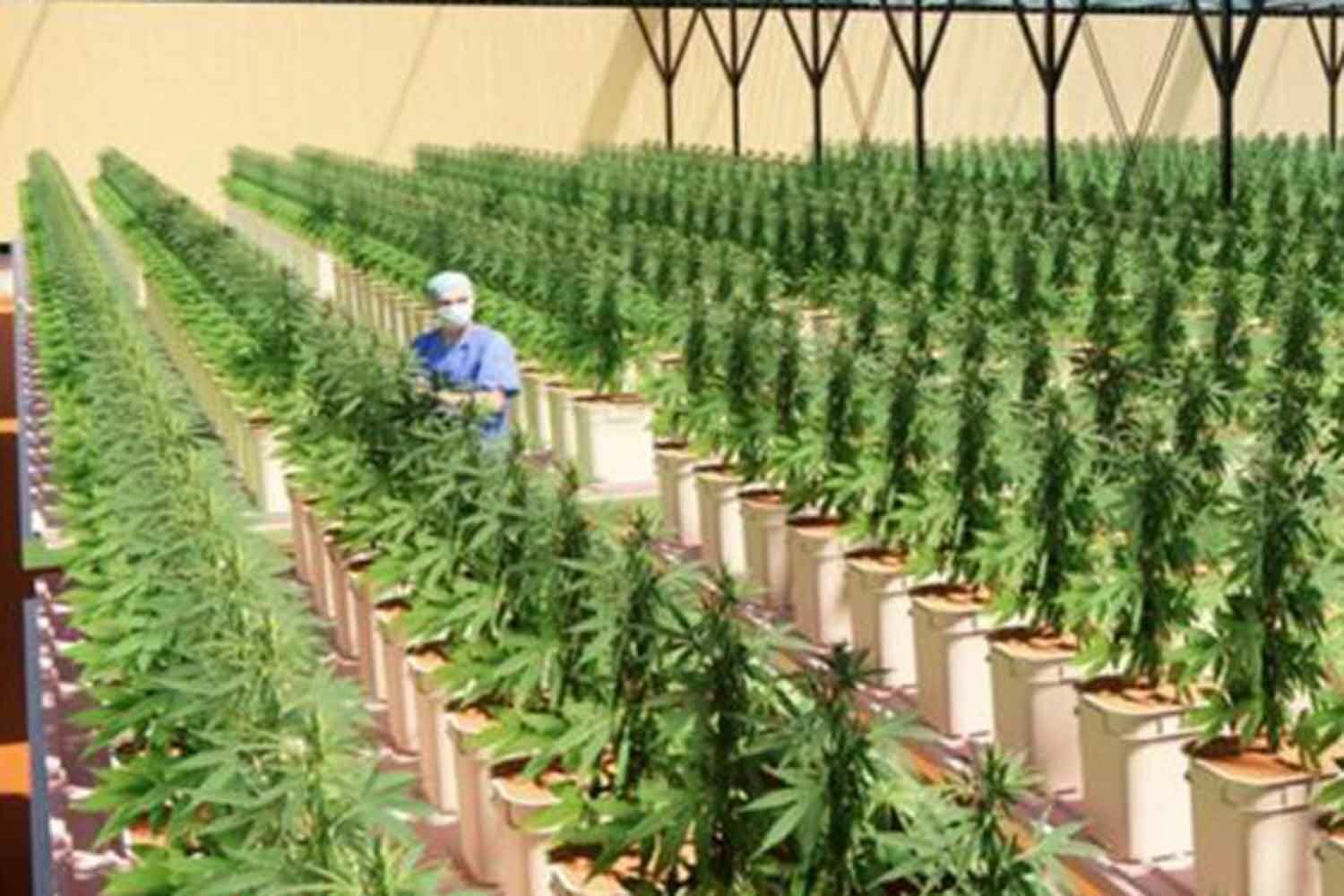Gunkul Engineering pulls the plug on cannabis investment

Gunkul Engineering, a Stock Exchange of Thailand (SET)-listed renewable energy firm, is halting its investment in the cannabis industry, awaiting clearer government regulations. The company, which ventured into cannabis and hemp through its subsidiary GK Hemp Group, has already spent nearly 500 million baht (US$14 million) on developing its cannabis project but is now pausing further expenditure.
The firm’s decision follows signals from Thailand Prime Minister Srettha Thavisin’s administration that cannabis might be reclassified as a narcotic. This potential policy shift contradicts the previous government’s stance, which decriminalised cannabis in 2022, aiming to foster a new economic segment based on the plant and its derivatives, such as oil extractions.
Sopacha Dhumrongpiyawut, Gunkul Chairperson, called for definitive regulations that specify cannabis use for medical or recreational purposes, set age restrictions for purchasers, and confine sales to designated areas. The ambiguity in current policy has led to a halt in the company’s planned investment, which was projected to reach 2 billion baht (US$55 million).
Gunkul had previously announced plans to convert a portion of its wind farm in Nakhon Ratchasima into a cannabis plantation, targeting a daily production capacity of 1.1 tonnes. The company aimed to market cannabidiol (CBD) oil to various industries, including pharmaceuticals, food, and cosmetics. However, current government allowances for only low levels of CBD content hamper product development efforts.
Despite the setback, Gunkul’s cannabis venture generated 4 million baht (US$110,000) in revenue last year, with expectations to reach 100 million baht (US$3 million) by 2024. Nevertheless, this division’s performance has a minimal impact on the company’s overall financial health, as nearly 99% of its earnings stem from its core energy business.
The recent inability of Parliament to pass a bill controlling cannabis usage was an early indication of the government’s changing attitude towards the substance. This reversal in policy may lead other retailers to cease investments or close their businesses. However, Sopacha remains optimistic that proper enforcement of cannabis control laws could still turn this challenge into an opportunity for the industry, reported Bangkok Post.
“But we can still change this problem into an opportunity as well as build the cannabis economy if the government manages to enforce the cannabis control law.”
































